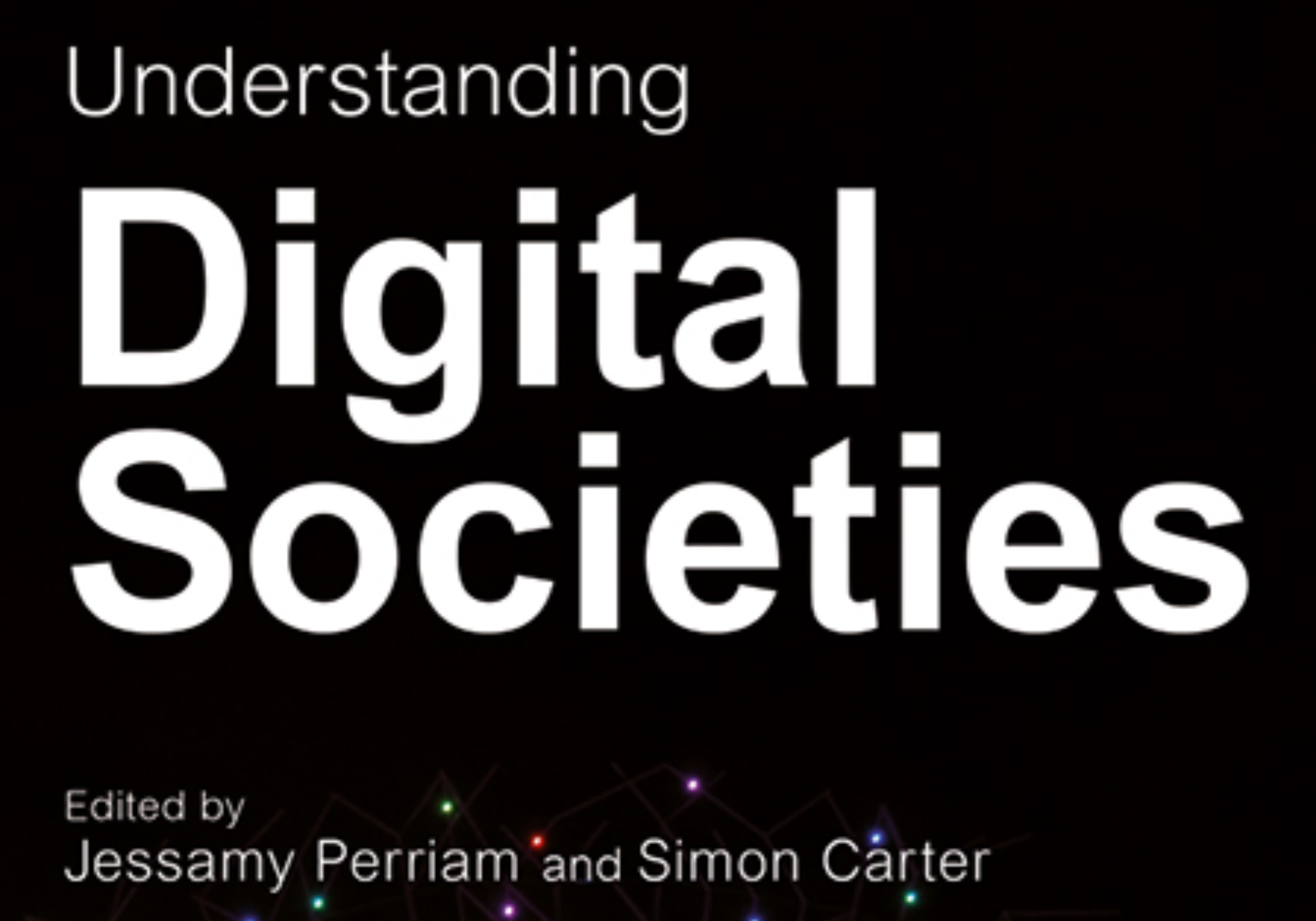In today’s fast-paced digital world, businesses are constantly seeking ways to enhance user engagement and participation with their platforms. At Ecolibero, we understand that success is no longer defined solely by the number of users on a platform, but rather by how actively those users engage with the services provided. To help our clients achieve this, we apply insights from social sciences, including sociology, to develop digital products and services that drive deeper, sustained user interaction.
By leveraging concepts like Citizenship, Nudge Theory, and Gamification, we create digital environments that promote meaningful participation, encourage repeat usage, and ultimately increase profitability for our clients. These approaches are rooted in the work of experts in the field of digital societies, such as Jessamy Perriam and Simon Carter, and supported by behavioural science to ensure that users are nudged towards desirable outcomes.
The Role of Citizenship in Digital Platforms
Citizenship in the digital age extends beyond just passive participation—it involves a level of active engagement where users contribute to the success and growth of a platform. By fostering a sense of digital citizenship, businesses can create communities where users feel a sense of belonging and responsibility. This often manifests through platforms where users are encouraged to share knowledge, participate in discussions, and engage with others, much like communities of cyclists or walkers that share their progress and achievements through apps like Strava.
For Ecolibero, fostering digital citizenship for clients means developing features that not only provide value to the users but also encourage them to contribute back to the platform. Whether it’s through user-generated content, peer support, or social engagement, this sense of community increases platform stickiness, ensuring users stay engaged for longer periods and return frequently.
Nudge Theory: Shaping User Behaviour
At Ecolibero, we incorporate Nudge Theory into our clients’ digital products to subtly influence user behaviour. Nudge Theory, as proposed by Richard Thaler and Cass Sunstein, revolves around making ‘good’ choices easier for users by restructuring the digital environment in a non-intrusive way. One classic example of nudge theory in practice is placing fruit at eye level in a self-service café to promote healthier eating choices. In the digital world, this translates into designing user interfaces and features that guide users towards beneficial behaviours, such as setting savings goals or increasing fitness activity.
For example, Ecolibero might design a financial platform that encourages users to save more by providing visual cues and feedback on their spending patterns. These nudges act as gentle reminders, making financial health a convenient and easy option, rather than a burdensome task. By tapping into what users already value—convenience, simplicity, and quick results—nudge theory allows businesses to influence user decisions without overt coercion, leading to improved engagement and profitability.
Gamification: The Power of Play
Gamification, the use of game design elements in non-game contexts, is one of the most powerful tools available to digital platforms today. From rewards and badges to leaderboards and competitions, gamification taps into users’ intrinsic motivations—whether it’s competing with others, improving personal performance, or simply earning recognition.
At Ecolibero, we harness gamification to make mundane activities fun and engaging. Drawing from examples in health and fitness, such as apps that encourage walking or cycling through digital medals and rankings, we design experiences that incentivise user participation and drive engagement. For instance, in a financial platform, users might earn badges for achieving savings milestones or completing financial literacy challenges. These elements of competition and reward motivate users to stay active and involved with the platform.
However, as sociologist Green (Open University, 2021) notes, gamification can sometimes alienate users who may not value competition. That’s why Ecolibero ensures that the competitive aspects of gamification are balanced with inclusive, community-oriented features. We recognise that users’ motivations can vary—some may be driven by competition, while others value companionship and shared experiences. By carefully tailoring gamification to suit the values of the platform’s user base, we help clients avoid the pitfall of losing engagement due to overly competitive features.
Conclusion
At Ecolibero, we understand that building a profitable digital platform is about more than just getting users to sign up—it’s about keeping them engaged over the long term. By applying social science insights such as Nudge Theory, Citizenship, and Gamification, we help our clients design platforms that not only encourage participation but also foster a sense of community and responsibility. These approaches drive deeper engagement, higher usage rates, and ultimately more profitable digital products.
Want to know how Ecolibero can help increase user engagement on your platform?
Book a free consultation with us today! Let us show you how we can apply the latest insights in social sciences to make your digital platform more profitable and sustainable.

